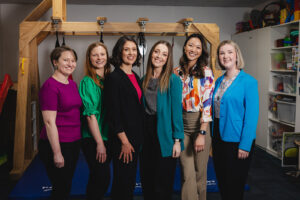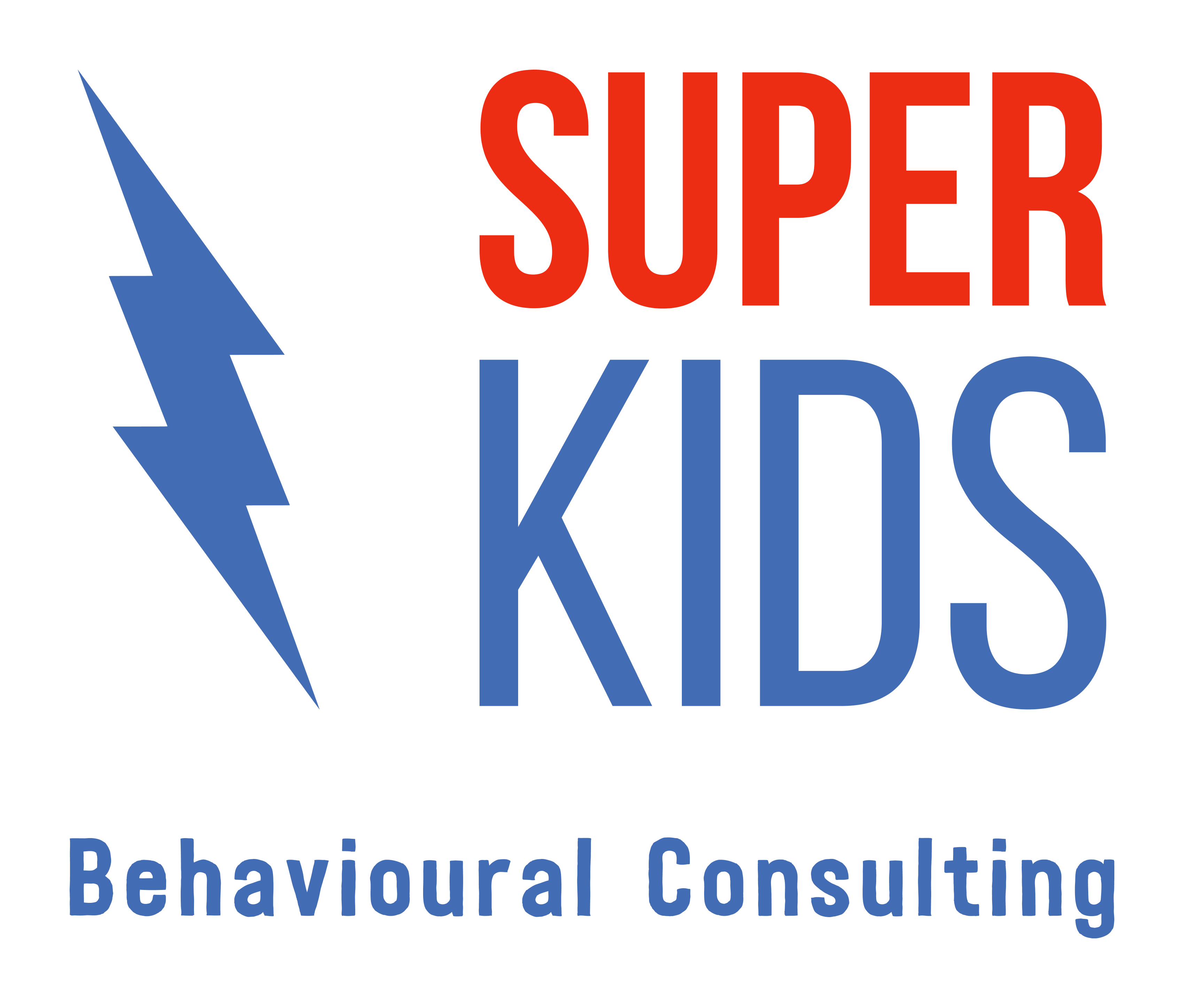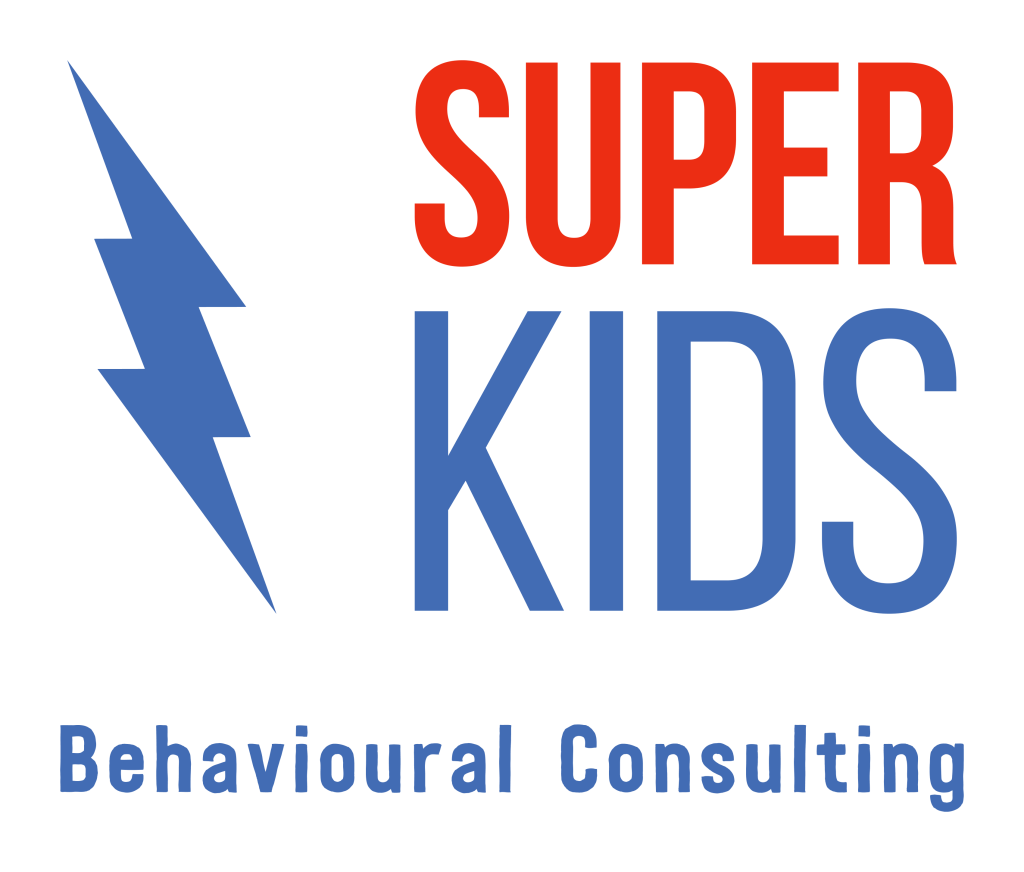How to become a Certified Behaviour Analyst (CBA) in 2025

Anita Bennett-Stewart
Behavioural Sleep Specialist & Behaviour Consultant

Becoming a Certified Behaviour Analyst (CBA) in Australia
Behaviour Analysts are practitioners in the field of Applied Behaviour Analysis (ABA), which is the science of learning and behaviour to improve our everyday quality of life. There are over 64,000 Behaviour Analysts across the world (BACB, 2023). Although many Behaviour Analysts support Autistic individuals, there are also subspecialties in behavioural gerontology, education, health and fitness and public health. In the US, Canada, UK and Australia, Behaviour Analysts may be certified by the Behaviour Analyst Certification Board (BACB), which is based in the United States (BACB, 2023). In recent years, Australian-specific certifications have also been offered by ABA Australia (ABAA). ABA Australia is the exclusive certifying body in Australia for behaviour analysts. There are some similarities and differences between a CBA and BCBA. The highest credentialed members of ABAA in Australia are Certified Behaviour Analysts (CBA). As of January 2025, there are approximately 300 CBA’s in Australia (AUABA, 2025).What is a CBA?
A Certified Behaviour Analyst (CBA) is a practitioner who is fully educated and competent in providing expert advice on behaviour change within Australia. Through regulation, there is an identified standard criteria for practice and ongoing monitoring of the field. This will allow ABA professionals to easily communicate their experience and training in the area of ABA to the community. CBA’s are self-regulated professionals and are a qualifying member of the National Alliance of Self Regulating Health Professionals (NASRHP). CBA’s are therefore required to abide by the ABA Australia Code of Ethical Practice and maintain their certification with ongoing professional development.How can you become a CBA in Australia in 2025?
To ensure the competence and education of practitioners applying for their CBA credential, there are several criteria required by ABAA.- A PhD or masters degree in any field
- At least 270 hours of instruction at the masters level of higher, with the focus of this education being in Behaviour Analysis
- At least 1500 hours of experience in Behaviour Analysis, including a least 75 hours of supervision with an already certified Behaviour Analyst
- Living and working within Australia
- Monash University, Master of Applied Behaviour Analysis
- Griffith Univserity, Master of Applied Behaviour Analysis

Many Behaviour Analysts in Australia also hold an additional, second credential under the Behaviour Analyst Certification Board (BACB) in the USA, called a Board Certified Behaviour Analyst (BCBA). This similarly indicates their competency and experience in ABA. The BACB is based in the US and currently certifies individuals in the US, UK, Canada and Australia. The Behaviour Analyst Certification Board, which is based in America, will continue to oversee BCBAs in Australia but will cease providing new credentials to Australians from 2027. This level of experience and education can take at least 2 years for Behaviour Analysts to complete! These criteria ensure a minimum level of education and experience before a practitioner may receive the credential of Certified Behaviour Analyst.
How to maintain a CBA certification
In 2025, maintaining a minimum level of professional development is critical to ensure professionals are always learning and developing their expertise throughout their career and is a ongoing process. Engagement in consistent professional development is an indication of a professional’s commitment to the field and to upholding their skills and knowledge as they serve their clients (ABAA, 2023).
To maintain a CBA credential, each year the Behaviour Analyst must complete 20 hours of professional development. This must be within the field of Behaviour Analysis and can include:
- Learning, such as attending conferences or coursework at a post-graduate or graduate level
- Teaching, such as presenting professional development seminars or university courses
- Scholarship, such as publishing journal articles
- Or professional engagement, such as supervising other practitioners planning to apply for certification
In addition to general learning, Behaviour Analysts must also complete professional development in Ethics related to practice or research and in Cultural Diversity, Equality and Inclusion to maintain knowledge in supporting diverse populations. Recertification occurs yearly.
It is an exciting time for Behaviour Analysis in Australia with the recent development of Australian-based credentials with ABAA! Being a CBA is an incredibly rewarding role and requires commitment, knowledge and experience to serve individuals within our community. If you are interested in more information in becoming a CBA, please visit the ABAA website to learn more: https://auaba.com.au/
Resources:
Association for Behaviour Analysis Australia – https://auaba.com.au/
Behaviour Analyst Certification Board – https://www.bacb.com/
Super Kids acknowledges each individual’s personal preference to use identity-first or person-first language to describe themselves or their loved one. We interchangeably use both language conventions and therefore refer to both Autistic children and children with Autism.






